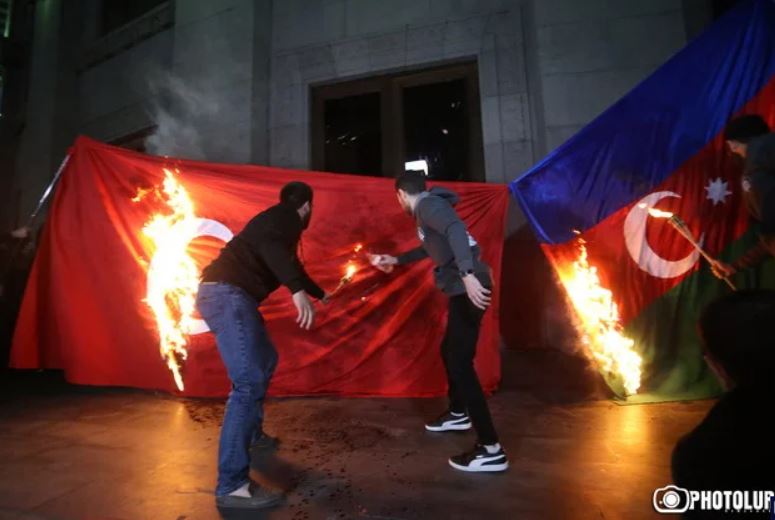The debate between the government and the opposition (mainly the RPA) over “what should have been done” over the past 3 or 30 years continues. Yesterday, RPA Vice President Armen Ashotyan spoke on that topic at Aravot. Probably, there will be a response from Civil Contract. Of course, it is desirable that it will be in our newspaper as well because one of the main social problems today is that different groups of Armenians live in their “information bubble” where people are ready to listen only to their supporters and angrily reject their opponents.
But in any case, the subject of the dispute is interesting from the point of view of the present situation, insofar as the solutions found or not found before can affect the process of today and tomorrow. For example, when the authorities, trying to justify their defeat in the war, say, “Karabakh has long since been surrendered,” it seems convincing to the huge Civil Contract electorate, and in that sense, such claims reach their target. But in terms of foreign policy, that message means that what the Russians or the Co-Chairs were proposing was such a disgraceful solution that it would have been better to lose the war and lose 3,700 young lives than to accept those proposals. Such a message calls into question the proposals of the OSCE Minsk Group, and especially Russia, and can not have anything but negative consequences.
But now it is more important to understand what needs to be done than to explore the essence of previous proposals. For example, should Armenia appoint a representative in negotiations with Turkey? In my opinion, the answer to this question can be positive in principle, if… If the Armenian government is honest with its society and answers three interrelated questions: 1) Has Turkey renounced its preconditions for genocide, Azerbaijan’s “territorial integrity” and the “corridor”? 2) If it did not renounce those (which I suppose is the case), are those preconditions acceptable for the Armenian side? 3) If acceptable, what are the security prospects for Armenia and Artsakh? If not, what is the point of starting the process? Just to make some “progress” before Brussels?
I would like the government to say on these issues without propaganda and rhetoric, “if we do this, it will have these consequences, and if we do this, it will have these consequences.” I think that any solution will be acceptable for the aforementioned pro-government electorate. If so, then the topic is closed.
Read also
Aram Abrahamyan






















































